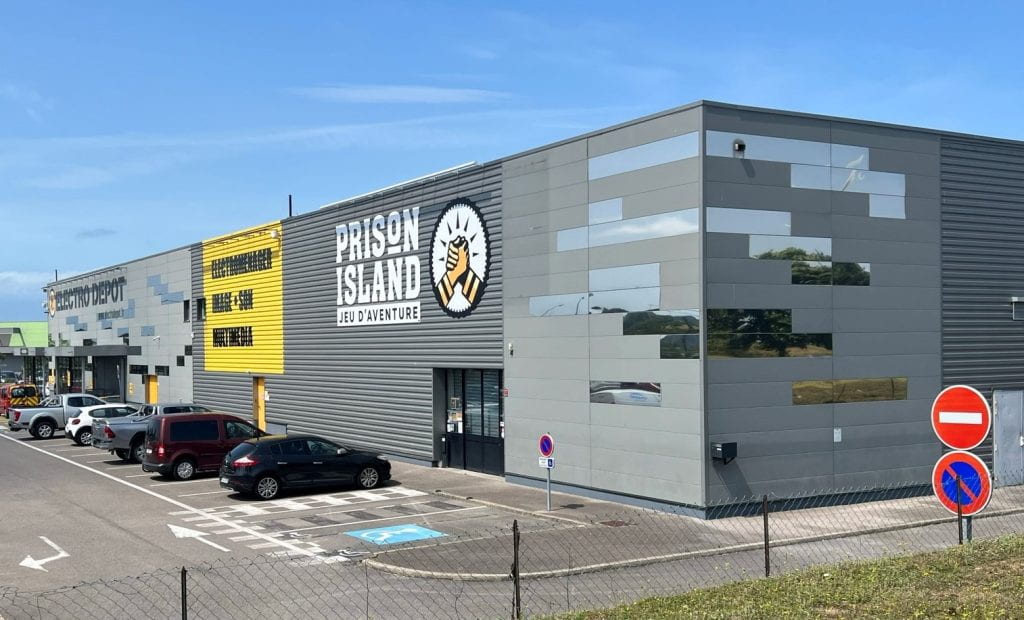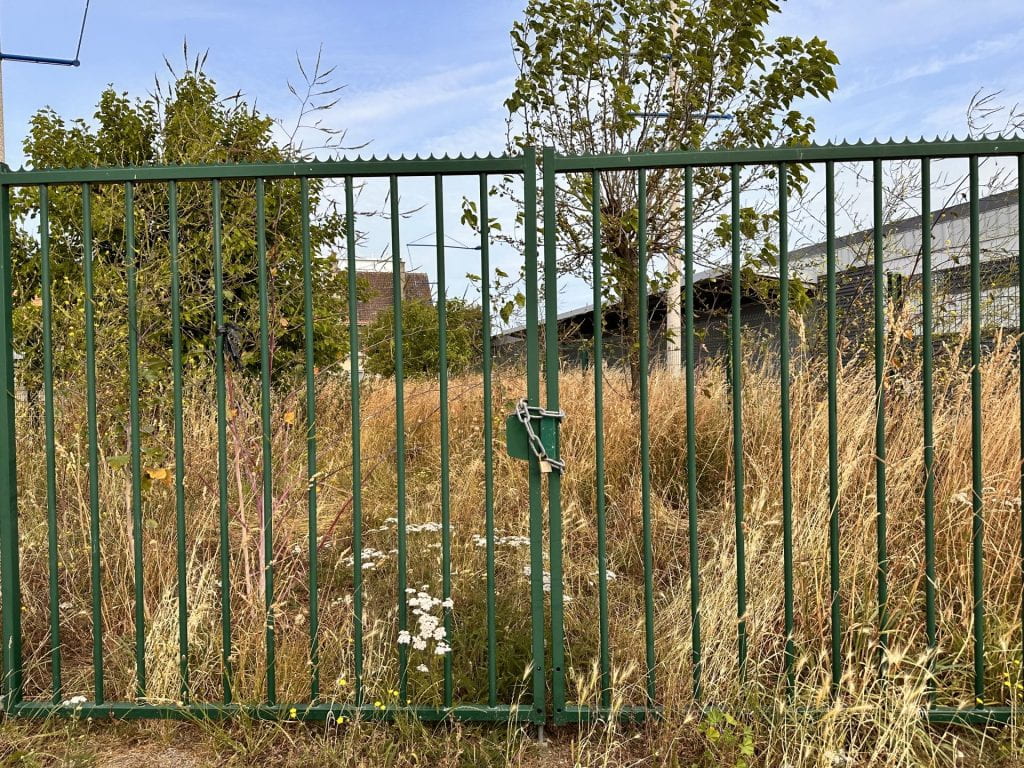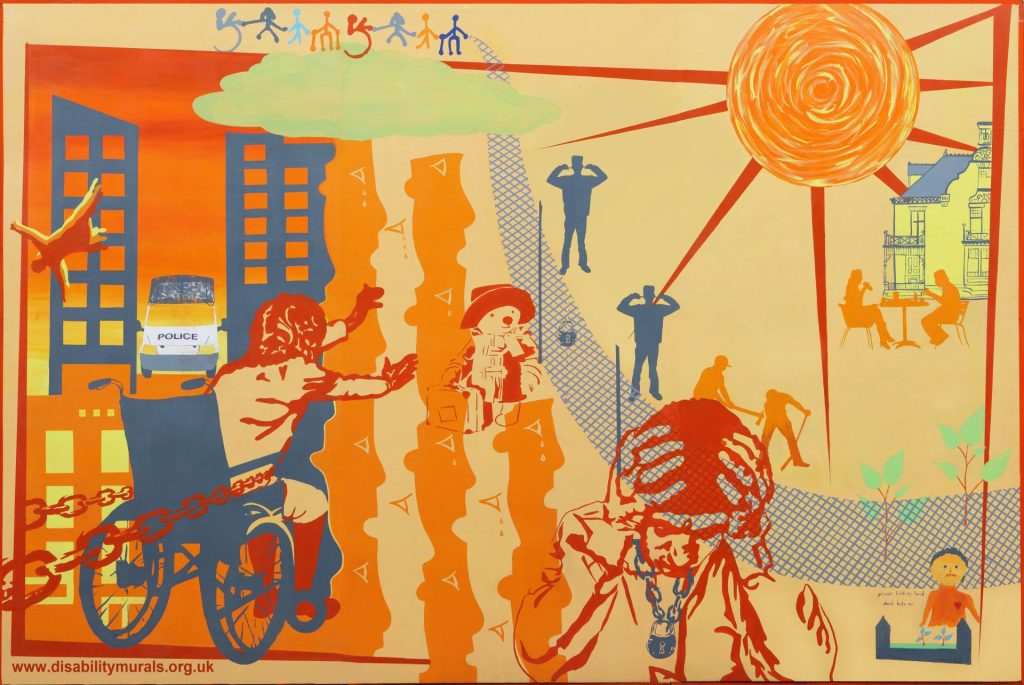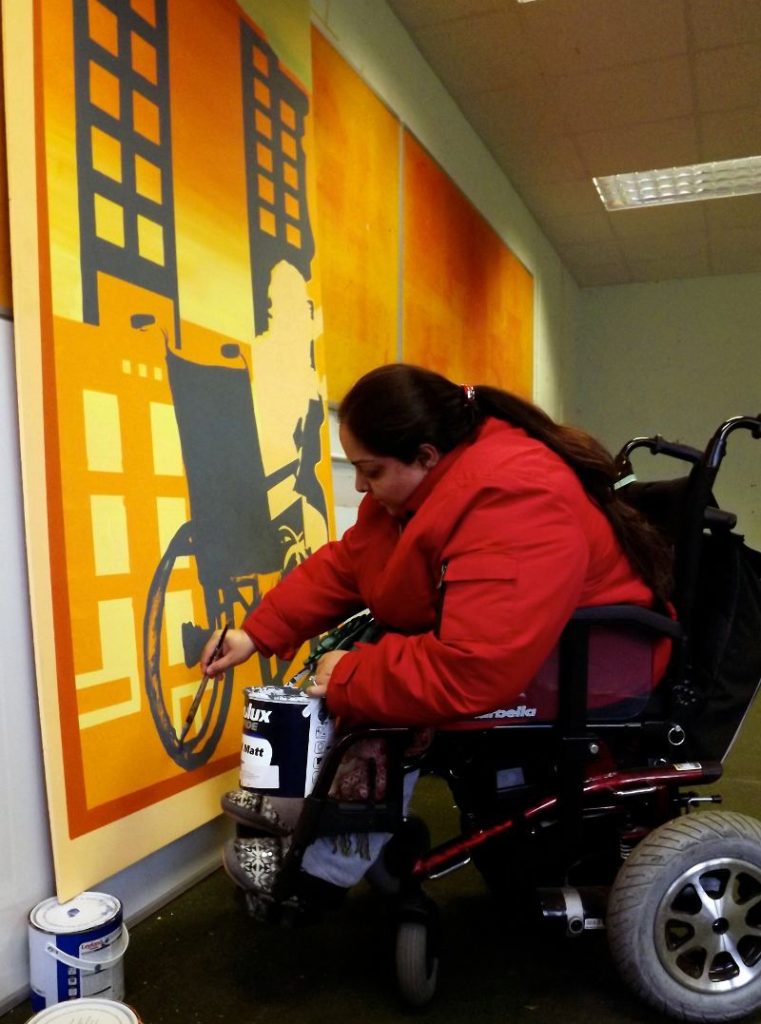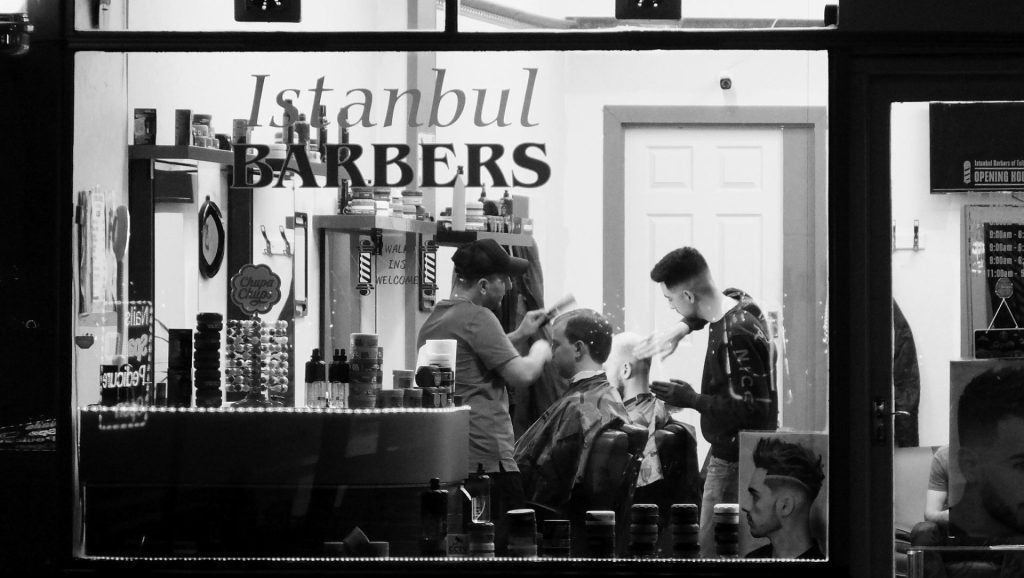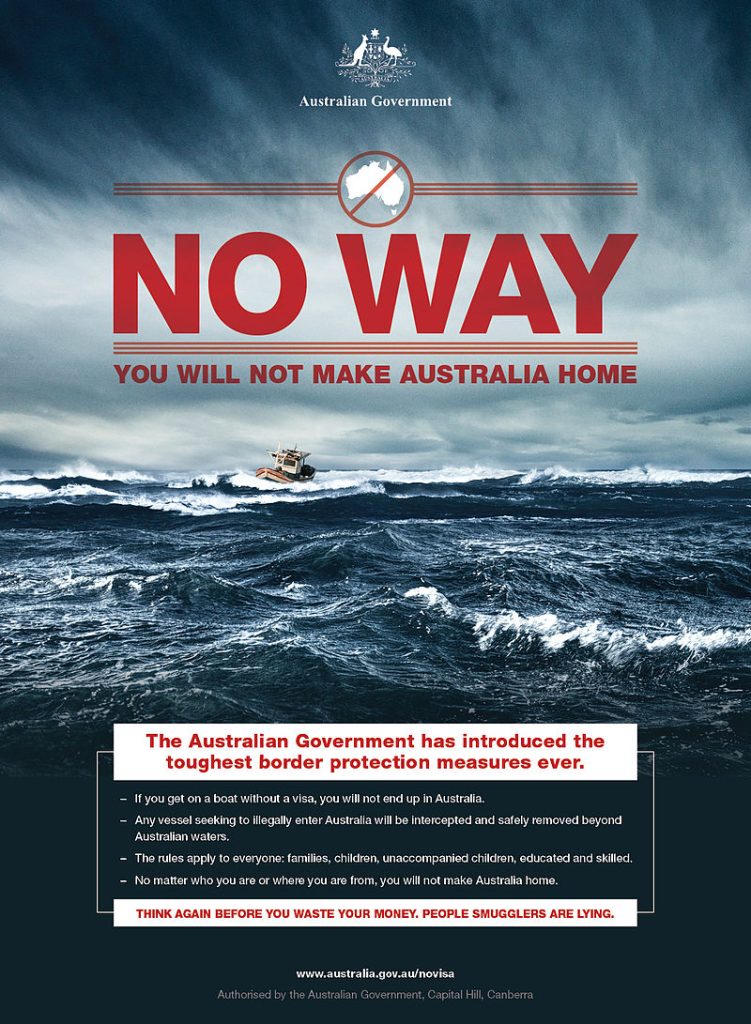By Colin Yeo.
The power to denaturalise a British subject on the basis of their behaviour was first introduced by legislation in 1918. With some adjustments, the power remained broadly the same until as late as 2002. Essentially, only a person who had naturalised as British could be stripped of their citizenship and the main grounds for doing so involved disloyalty or disaffection to the Crown, assisting an enemy or proven criminal conduct. These powers were exercised against some German and allied nationals who had naturalised as British but fell into abeyance. The last denaturalisation under this legal regime occurred in 1973.
After 80 years of legal continuity, a period which included a second world war, the Cold War and The Troubles, amongst other external-internal existential security threats, a series of fundamental changes to the law on denaturalisation began in 2002. Why?
The evolution over the last twenty years of British law on denaturalisation — or citizenship stripping — is a case study in bad cases making bad law. The law was changed repeatedly between 2002 and 2006 specifically to enable the government to strip the citizenship of particular high profile individuals.[1] Relatively restrained use was initially made of these new powers, with only those high profile individuals targeted for denaturalisation. A change in government in 2010 introduced changed attitudes to the value and meaning of citizenship. The new government found itself in possession of very considerable discretionary powers and set about making extensive use of them.
The governments and ministers that introduced the initial changes to the law between 2002 and 2006 were relatively restrained in making use of them. The numbers of denaturalisations remained very low until 2010, when there was a change of government and a change of approach. For the incoming government, citizenship was a privilege not a right.
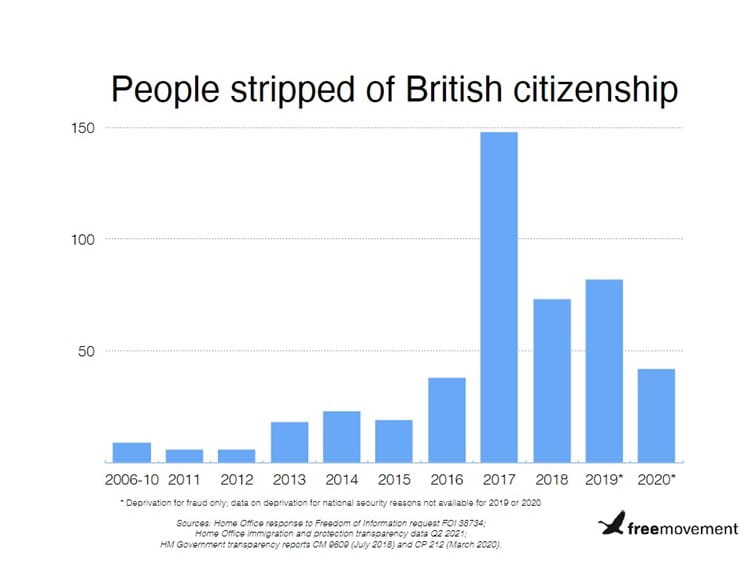
The problem is that when very low legal thresholds for draconian actions are introduced, ministers and civil servants are handed huge freedom of action. Particularly in the field of immigration and asylum law, they are subject to huge political and media pressures. It should be no surprise if they are inconsistent in their use of the very considerable powers with which they have been entrusted by an earlier parliament. It should also be no surprise that unconscious bias asserts itself in these circumstances.
Behaviour-based denaturalisations peaked in 2017 at around the time that the territorial area in Iraq and Syria controlled by the ISIS or Islamic State group was collapsing. British citizens who had associated with the group were looking to escape and return home. The Home Secretary at the time was Amber Rudd, but it is her successor, Sajid Javid, who has provided the most detailed public justification for denaturalisation action.
Speaking on breakfast television about Shamima Begum in 2021, several years after his time as Home Secretary, he claimed that ‘[i]f you did know what I knew, as I say because you are sensible, responsible people, you would have made exactly the same decision, of that I have no doubt.’ Javid retrospectively framed the decision as one involving risk to the British public, essentially.
He has also, however, stated a very different justification for denaturalisation. At a party conference speech in 2018, when he was still Home Secretary, he boasted of expanding use of citizenship deprivation powers to ‘those who are convicted of the most grave criminal offences. This applies to some of the despicable men involved in gang-based child sexual exploitation.’ There is a clear moral dimension to this statement.
A few months later, also in 2018, he discussed the denaturalisation of a group of dual national Pakistani-British men convicted of sexual offences. Pressed on the risk to citizens of Pakistan once they were removed there, Javid he reverted to suggesting it was all a matter of risk, albeit only of risk to the British public: ‘[m]y job is to protect the British public and to do what I think is right to protect the British public.’
More recently, lawyers have reported that denaturalisation action is now being pursued against individuals convicted of human trafficking offences. It is hard to see how removing a person to a country from which they have previously trafficked others reduces risk to either the citizens of that country or the United Kingdom.
The expansion in the use of denaturalisation powers from threats to national security to very serious crimes would have been impossible without the reforms to citizenship deprivation law enacted in 2006 in response to the case of David Hicks. It is not realistically possible to argue that serious sexual offences or human trafficking amount to acts seriously prejudicial to the vital interests of the United Kingdom. It clearly is possible successfully to argue that such conduct is sufficient for the Home Secretary to be satisfied that denaturalisation is conducive to the public good. After all, the Rochdale sex offenders lost their legal challenge: Aziz & Ors v Secretary of State for the Home Department [2018] EWCA Civ 1884.
The fact that every known case of behaviour-based denaturalisation involves a Muslim has not gone without comment. There has undoubtedly been a serious threat to public safety from some individuals who are Muslim but it would be entirely unrealistic to suggest that the threat is uniquely posed by Muslims. Denaturalisation has never been pursued against Irish nationalists, adherents of right-wing terror groups, anarchists or other dual foreign nationals representing a threat to national security. It is possible that no such individuals were identified who held dual citizenship and were thus eligible for denaturalisation but this seems inherently unlikely.
The discrimination becomes even more stark when the case of the Rochdale sex offenders is considered. The men who were denaturalised were all Muslim men of Pakistani origin. It seems highly likely there have been many, many other dual nationals who committed sexual and other offences of similar or worse gravity — where seriousness is measured by the length of sentence rather than media judgment — who were never considered for denaturalisation.
The changes made to denaturalisation powers in the 2000s were naive. The government of the day may have intended only judicious, sparing use of citizenship stripping. If so, the scope of those intentions was not reflected in the very wide powers the government conferred on itself and, importantly, on its successors. Subsequent governments have made ever more extensive use of the powers that were conferred on the Home Secretary.
In the process, two tiers of British citizenship have emerged. Those with no foreign parentage are relatively secure in their status because they would be rendered stateless if they lost their British citizenship, meaning the power cannot be exercised against them. But for those who have naturalised or have foreign parentage, British citizenship is now little more than a readily revocable form of immigration status.
Colin Yeo is a barrister, writer, campaigner and consultant specialising in immigration law. He founded and edits the Free Movement immigration law blog and is an Honorary Researcher at the University of Bristol with MMB. His latest books are Welcome to Britain: Fixing our Broken Immigration System (2020) and Refugee Law (2022). This post follows a previous one by Colin on ‘Imperial denaturalisation: towards an end to empire’.
A longer version of this post was originally published by freemovement.org on 6th February 2023.
Footnote:
[1] See the original, full version of this blogpost on freemovement.org, which includes details of the cases of these high profile individuals, namely Abu Hamza, David Hicks and Hilal Al-Jedda.


